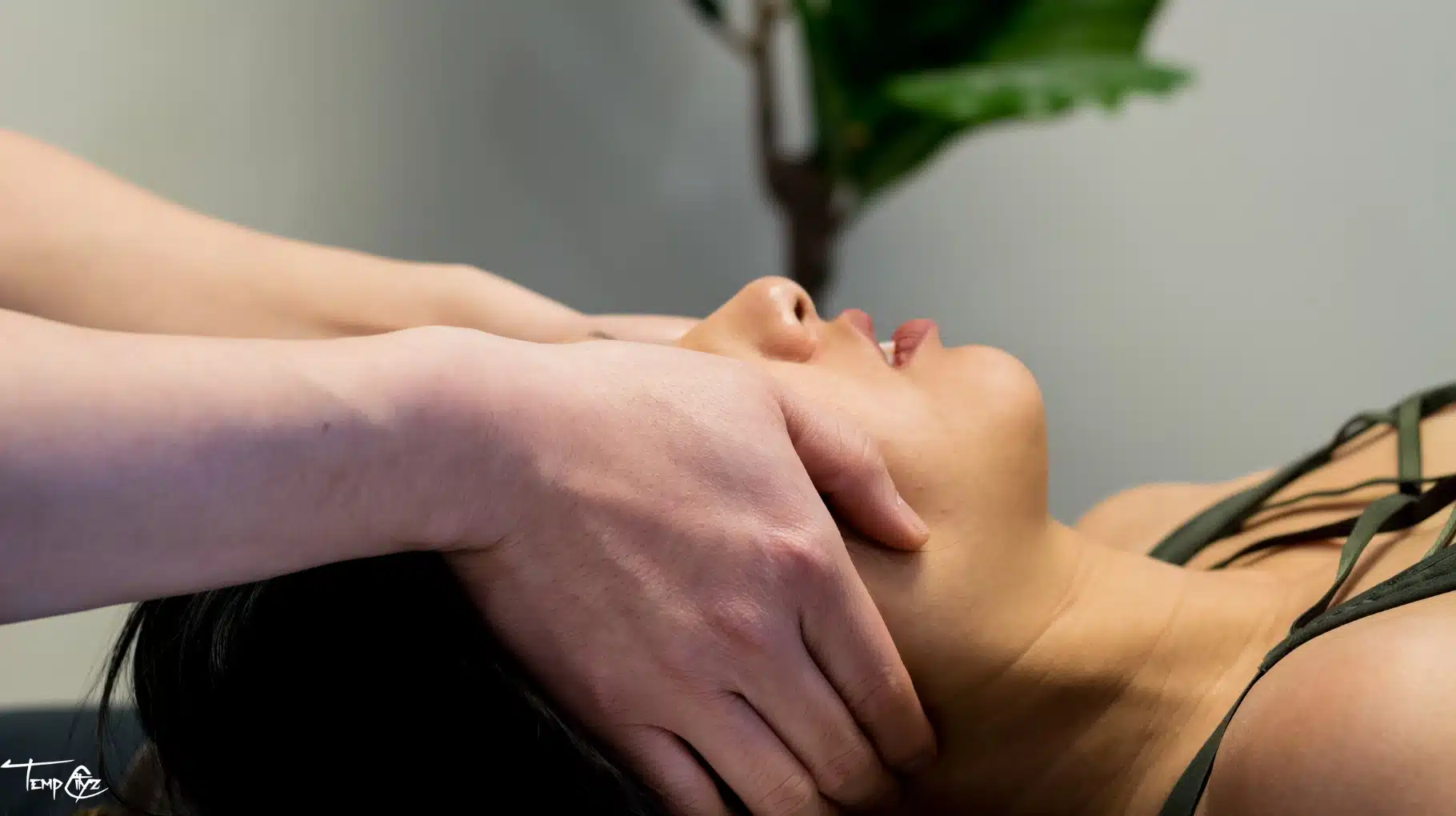Balance and Vestibular Rehabilitation Vancouver
Explore NRG’s Balance and Vestibular Rehabilitation services in Vancouver, designed for individuals experiencing vestibular pathologies and equilibrium disorders. Our clinic offers advanced diagnostic evaluations and evidence-based therapeutic interventions.
Enhance Your Stability with NRG’s Vestibular Rehabilitation
Struggling with balance or dizziness? NRG’s vestibular rehabilitation programs are specifically designed to address and alleviate symptoms of vestibular disorders. Starting with a precise diagnostic assessment, we tailor treatment plans that use therapeutic exercises and manual techniques to effectively restore stability and improve mobility.
At NRG, ongoing support and guidance are integral parts of your recovery journey. We are committed to helping you maintain and build on the improvements you achieve. Take the first step towards better balance—contact NRG today and regain control over your life.
What to Expect
Why Consider Balance and Vestibular Rehabilitation?
Balance and vestibular rehabilitation is crucial for those experiencing vertigo, dizziness, and balance difficulties. This specialized therapy enhances safety by reducing the risk of falls, decreases disruptive symptoms, and increases your independence. At NRG, our customized care programs are designed to meet your unique needs under the guidance of expert clinicians. We focus on long-term management and recovery, empowering you to regain stability and improve your overall quality of life through evidence-based strategies.
Take the first step towards better balance and health. Contact NRG today to schedule your comprehensive assessment and start your journey to recovery.
F.A.Q.s
Learn about our balance and vestibular rehabilitation services, designed to address specific health conditions and improve recovery.
What is Vestibular Rehabilitation Therapy (VRT) and who needs it?
Vestibular Rehabilitation Therapy (VRT) is a specialized form of therapy designed to alleviate both the primary and secondary problems caused by vestibular disorders. VRT is highly beneficial for individuals experiencing symptoms from conditions such as benign paroxysmal positional vertigo (BPPV), inner ear disorders, and other balance disorders. The therapy involves customized exercises that reduce dizziness, improve balance, and enhance overall vestibular function. Exercises prescribed typically focus on habituation, balance training, and strengthening the connection between the vestibular system, eyes, and brain, helping to manage or resolve symptoms.
How do vestibular disorders affect the body?
Vestibular disorders impact the vestibular system, which includes parts of the inner ear and brain that help control balance and eye movements. When these systems are damaged by disease, aging, or injury, vestibular dysfunction can lead to dizziness, blurred vision, spinning sensations, motion sensitivity, and instability, among other symptoms. Common causes include ear infections, head trauma, and degeneration of the vestibular system. These disorders can disrupt daily activities by affecting head and eye movements, leading to significant health risks if untreated.
What are some common treatments used in vestibular rehabilitation?
Treatment in vestibular rehabilitation may involve a variety of techniques, including diagnostic vestibular assessment, repositioning maneuvers for BPPV, habituation exercises to reduce motion sensitivity, and gaze stabilization exercises to improve control of eye movements. Balance training is also a critical aspect, especially for those with a history of falls or motor vehicle accidents that have affected their musculoskeletal or sensory systems. Each patient receives an individualized treatment plan tailored to their specific symptoms and underlying conditions.
Can vestibular physiotherapy help with symptoms from head trauma or sports injuries?
Yes, vestibular physiotherapy can be particularly effective for patients experiencing vestibular symptoms due to head trauma or sports injuries. A clinical assessment by a vestibular physiotherapist will determine the impact on the vestibular nerve, vestibular system, and overall balance issues. The therapy typically involves exercises that support the retraining of the vestibular system to compensate for the damaged areas, improving balance and reducing symptoms like dizziness or unsteadiness.
What should I expect during a vestibular physiotherapy session?
During a vestibular physiotherapy session, patients undergo a thorough assessment of their vestibular functions, balance capabilities, and musculoskeletal status. This clinical assessment might include tests to evaluate how you manage head movements, head and eye coordination, and how your inner ears and sensory systems respond to stimuli. Following the assessment, the healthcare professional will develop a detailed, individualized treatment plan, which includes specific exercises to address the patient’s particular challenges related to vestibular dysfunction and balance disorders.
Are there any serious health risks associated with untreated vestibular disorders?
Untreated vestibular disorders can lead to severe cases of imbalance and frequent falls, which pose serious health risks, especially in older adults. Persistent dizziness and balance problems can severely impact one’s quality of life, leading to additional issues such as nausea, severe disorientation, and inability to perform daily activities. In cases involving central vestibular disorders, more severe neurological symptoms could occur. It is crucial to consult a healthcare professional if you experience any symptoms of vestibular dysfunction.
If you have further questions or if our FAQs didn’t cover your concerns, please reach out to us directly. We’re here to assist you.

